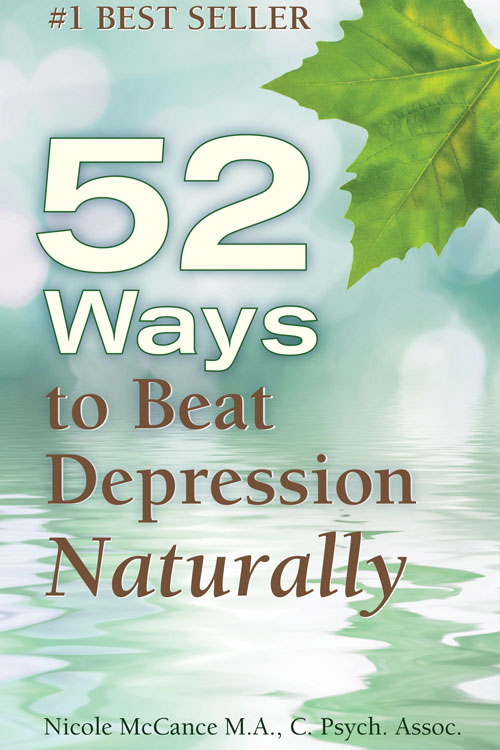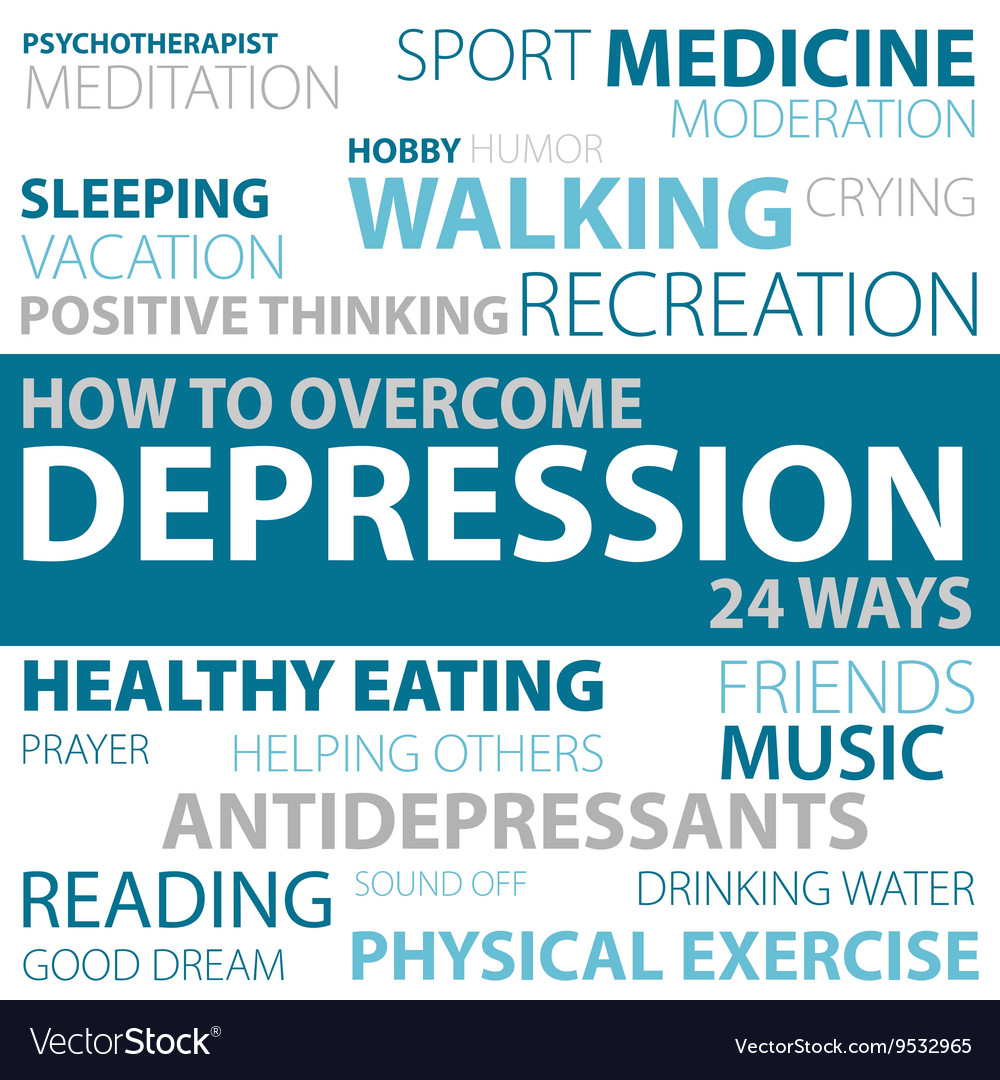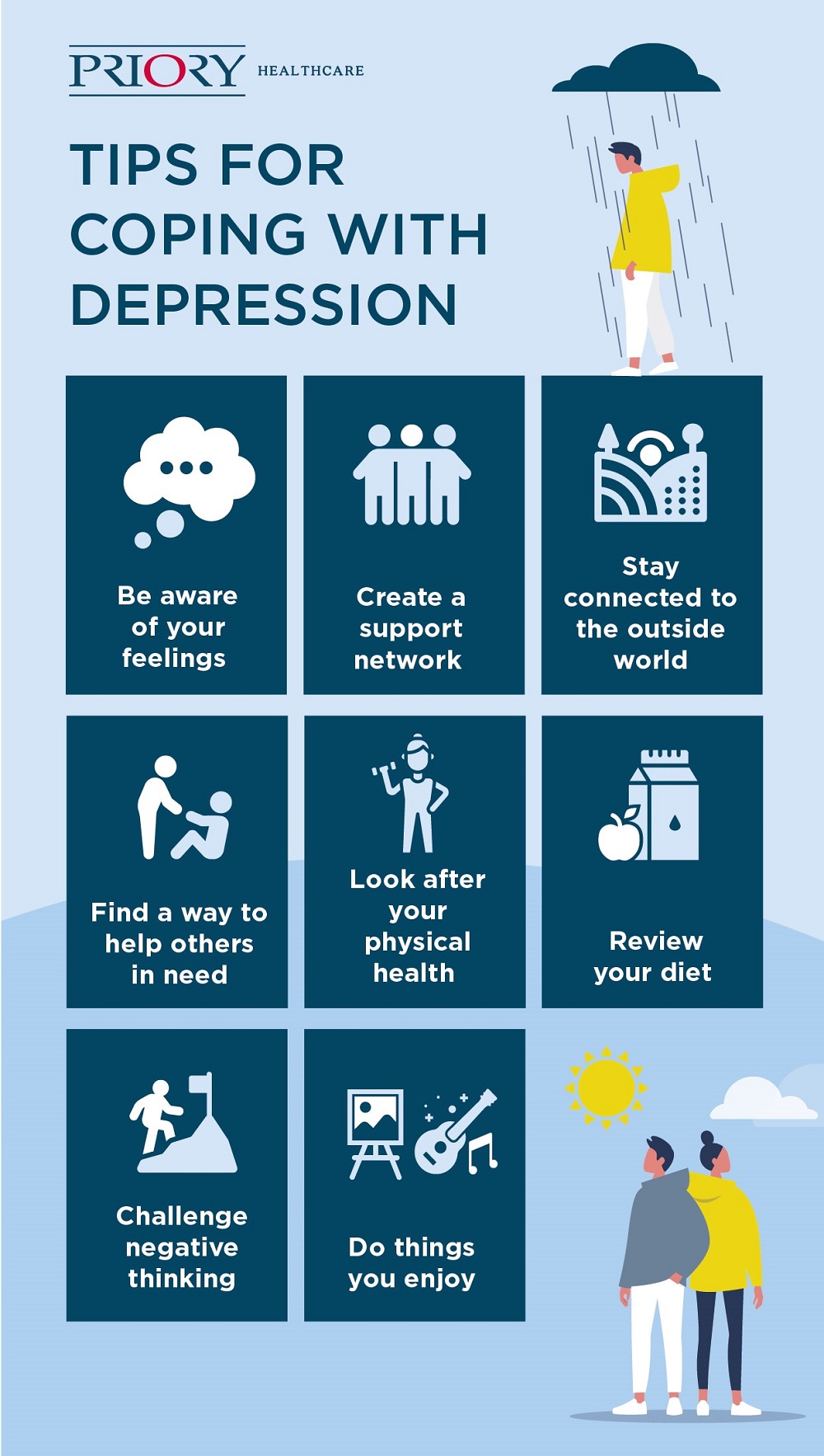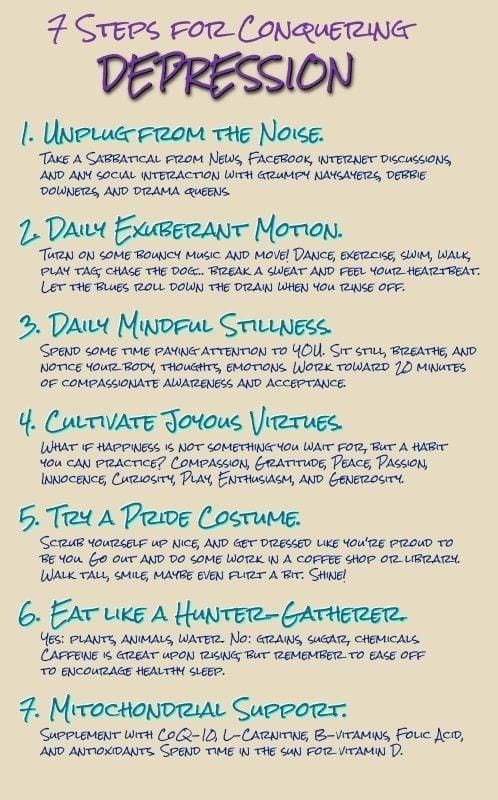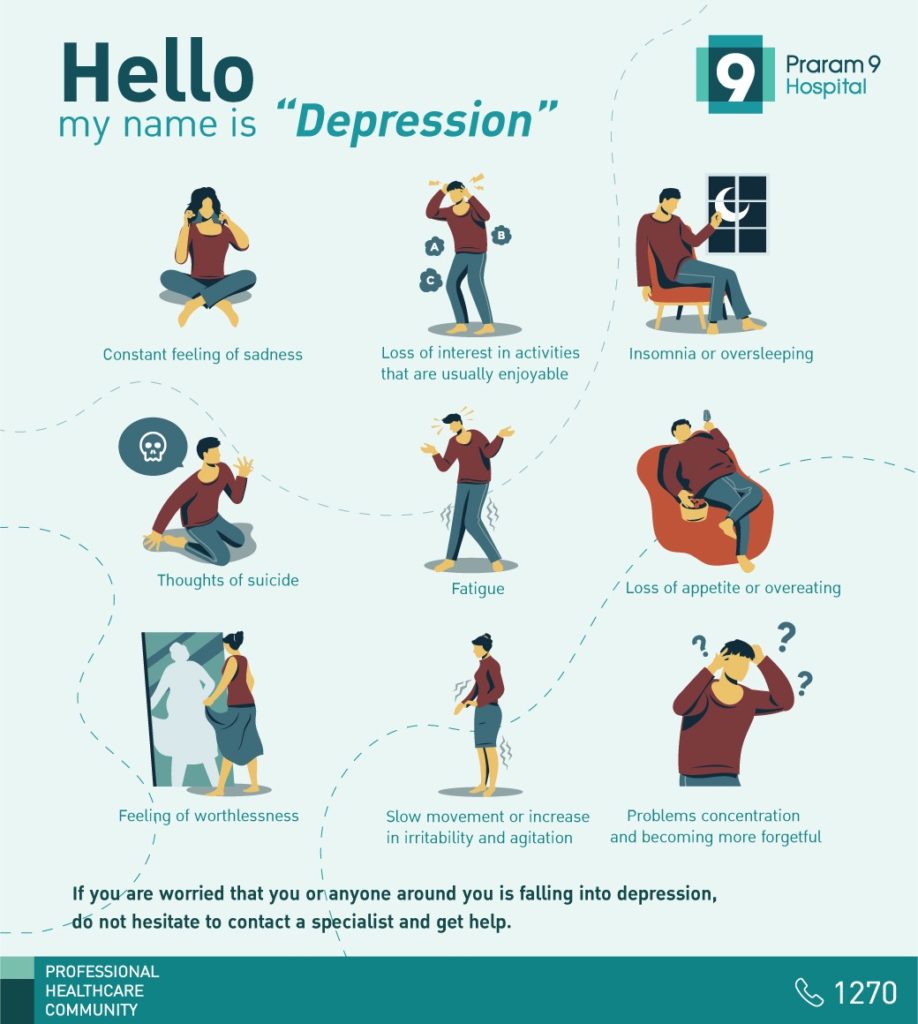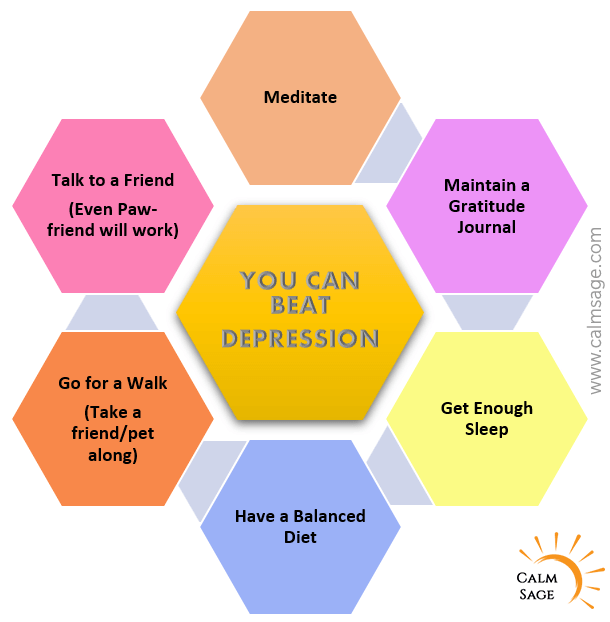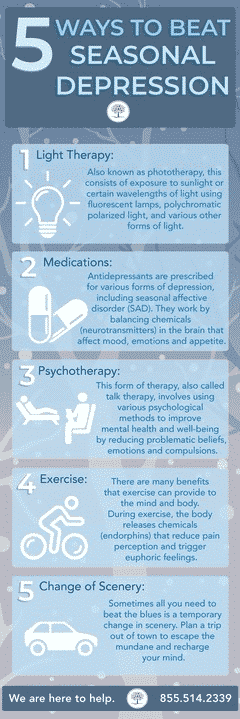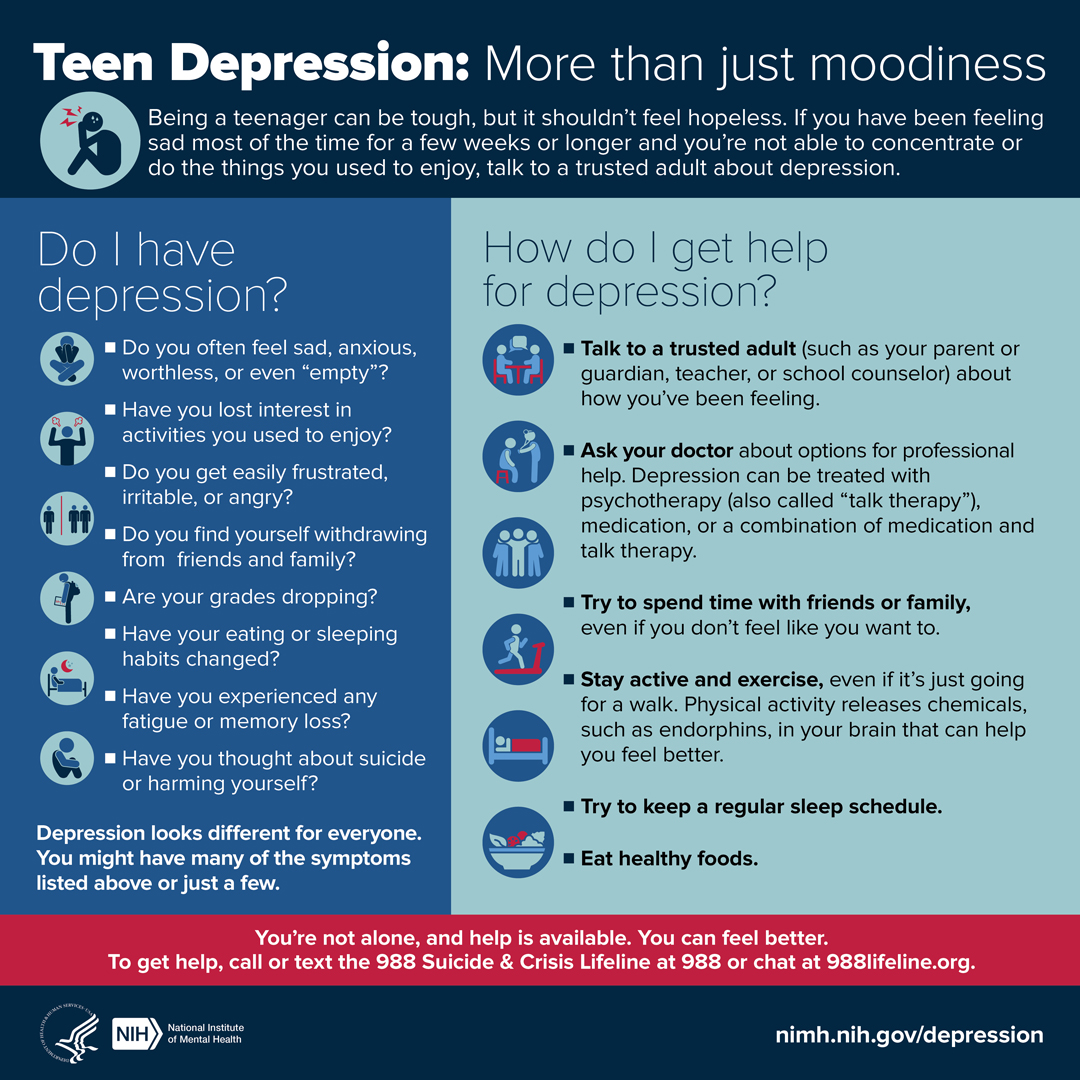Can You Beat Depression On Your Own
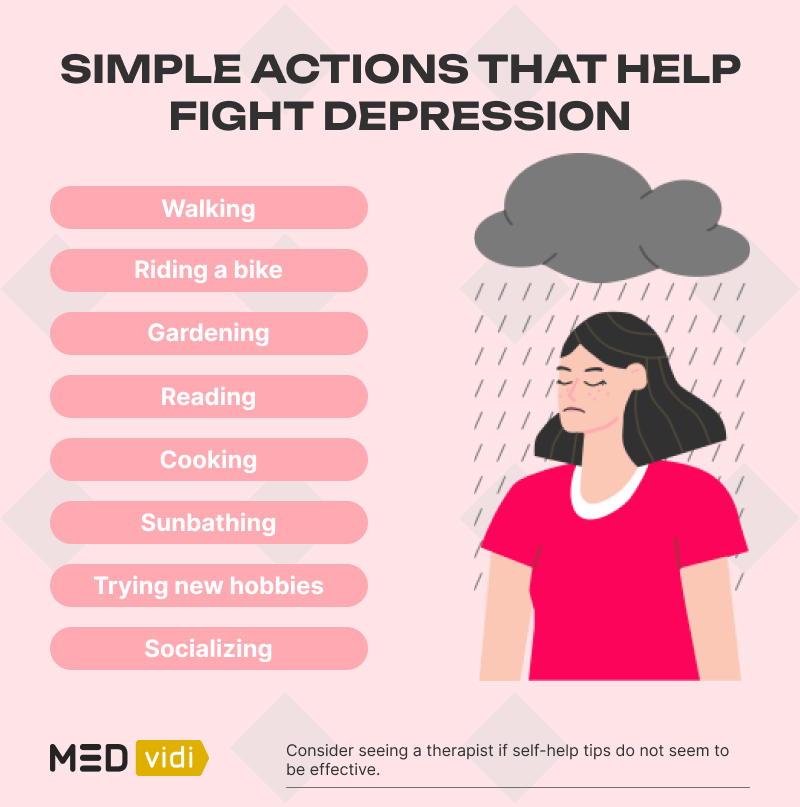
A shadow falls across millions of lives each year: depression. The weight of it can feel insurmountable, a relentless tide pulling individuals under. But amidst the darkness, a crucial question emerges: Can you navigate this challenging terrain alone, or is professional help an absolute necessity?
This article delves into the complexities of battling depression independently, examining the strategies, limitations, and potential pitfalls of self-management. We explore the role of lifestyle changes, self-help resources, and the crucial importance of recognizing when professional intervention becomes indispensable, drawing on insights from experts and research from organizations like the World Health Organization (WHO) and the National Institute of Mental Health (NIMH).
Understanding Depression's Spectrum
Depression isn't a monolithic entity. It exists on a spectrum, ranging from mild, situational dips in mood to severe, debilitating clinical depression. The severity greatly influences the potential for successful self-management.
According to the WHO, depression is characterized by persistent sadness and a loss of interest or pleasure in previously rewarding or enjoyable activities. These symptoms must be present for at least two weeks to diagnose depression.
Self-Help Strategies: A First Line of Defense?
For individuals experiencing mild to moderate depression, self-help strategies can often provide significant relief. These strategies focus on empowering individuals to take proactive steps towards improving their mental well-being.
Regular exercise, for example, has been shown to release endorphins, natural mood boosters. A balanced diet, sufficient sleep, and mindfulness techniques are also frequently recommended as beneficial lifestyle adjustments.
Connecting with supportive friends and family can also create a buffer against isolation, a common symptom of depression. Numerous self-help books and online resources offer guidance on cognitive behavioral therapy (CBT) techniques, which can help reframe negative thought patterns.
The Limits of Self-Management
While self-help strategies can be valuable tools, they are not a substitute for professional help in all cases. Severe depression, characterized by persistent suicidal thoughts, feelings of hopelessness, or significant functional impairment, typically requires intervention from a qualified mental health professional.
Ignoring these warning signs can have devastating consequences. The NIMH emphasizes the importance of seeking professional evaluation when symptoms are intense, prolonged, or interfere with daily life.
Furthermore, certain underlying medical conditions or imbalances can mimic or exacerbate depression. A medical doctor can rule out these potential contributing factors through a comprehensive examination.
When to Seek Professional Help: A Crucial Decision
Recognizing when self-management isn't enough is a critical skill. The following are key indicators that professional help is needed.
First, persistent suicidal thoughts or urges should never be ignored. Second, a significant decline in functionality, such as difficulty working, attending to personal hygiene, or maintaining relationships, signals a need for professional evaluation.
Third, failure to respond to self-help strategies after a reasonable period suggests that a more intensive approach is necessary. Finally, if depression is accompanied by other mental health concerns, such as anxiety or substance abuse, professional intervention is paramount.
Navigating Professional Treatment Options
Professional treatment for depression typically involves psychotherapy, medication, or a combination of both. Psychotherapy, such as CBT or interpersonal therapy, can help individuals identify and address the underlying causes of their depression and develop coping mechanisms.
Medications, such as antidepressants, can help regulate brain chemistry and alleviate symptoms. It's important to note that finding the right medication can take time and may involve trial and error, under the guidance of a psychiatrist or medical doctor.
Electroconvulsive therapy (ECT) is another treatment option, typically reserved for severe cases of depression that haven't responded to other treatments. It involves a brief electrical stimulation of the brain, which can trigger a therapeutic seizure.
Looking Ahead: Empowering Individuals, Promoting Access
The fight against depression is a multifaceted one, requiring both individual effort and societal support. Empowering individuals with knowledge about self-help strategies and the warning signs of severe depression is crucial.
However, access to affordable and accessible mental healthcare remains a significant barrier for many. Increased investment in mental health services, reduced stigma surrounding mental illness, and improved integration of mental healthcare into primary care settings are essential steps towards creating a more supportive and equitable system.
Ultimately, whether you can "beat" depression on your own depends on the individual, the severity of the condition, and the resources available. A balanced approach, combining self-help strategies with professional support when needed, offers the best chance for recovery and lasting well-being.
